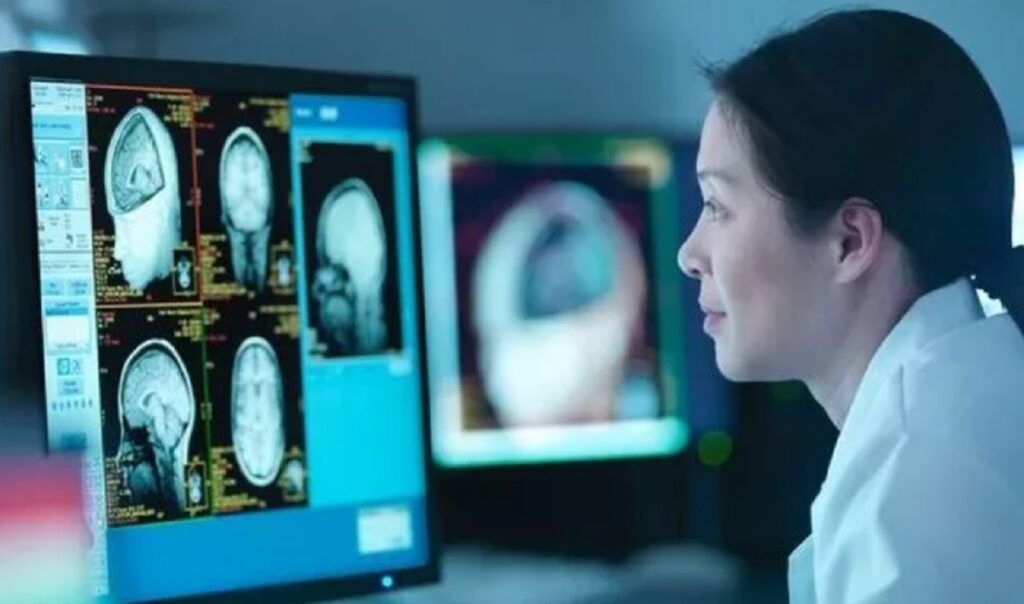Photo source: Doctor of the Day archive
revolutionary research in parkinson’s disease
From the content of the article
According to statistics, more than 8.5 million people worldwide suffer from Parkinson’s, an incurable condition that affects motor control and can lead to difficulty speaking and walking. In Romania, approximately 72,000 patients are diagnosed with this condition.
An international team of researchers has discovered that an already approved cancer drug could significantly slow the progression of Parkinson’s disease by blocking the interaction between two essential proteins, writes Science Alert, citing Nature Communications.
An international team of researchers has identified a crucial interaction between two proteins – Aplp1 and Lag3 – that contribute to the spread of aggregates of alpha-synuclein, the protein responsible for Parkinson’s disease.

The study suggests that an already approved drug used to treat cancer could prevent these toxic proteins from spreading to the brain, offering a potential new therapy for the disease, according to AFP.
The study, recently published in Nature Communications, shows that the proteins Aplp1 and Lag3 facilitate the uptake of defective alpha-synuclein by healthy neurons. Tests on mice have shown that eliminating both proteins reduces the absorption of these harmful proteins by 90%, slowing the progression of the disease.
The causes of the disease Parkinson
The exact causes of Parkinson’s disease are not yet fully understood, but it is believed that genetic implications and environmental factors may play a role. The main features of the disease include:
- Dopamine deficiency:Parkinson’s disease is associated with a significant decrease in the level of dopamine, a neurotransmitter responsible for controlling movements.
- Aggregation of alpha-synuclein protein:In the brains of people with Parkinson’s, the protein alpha-synuclein clumps together, forming structures called Lewy bodies, which contribute to brain damage.
- Genetic factors:Some rare forms of Parkinson’s disease are linked to genetic mutations, but these make up a small percentage of the total cases.
- Environmental Factors:Exposure to certain chemicals or toxins can increase your risk of developing Parkinson’s disease.


The information presented in this website is informative and does not replace the medical diagnosis or the product leaflet. Any decision regarding your health should only be made after consulting your doctor.
You can also follow us on Telegram.
Source: www.doctorulzilei.ro



